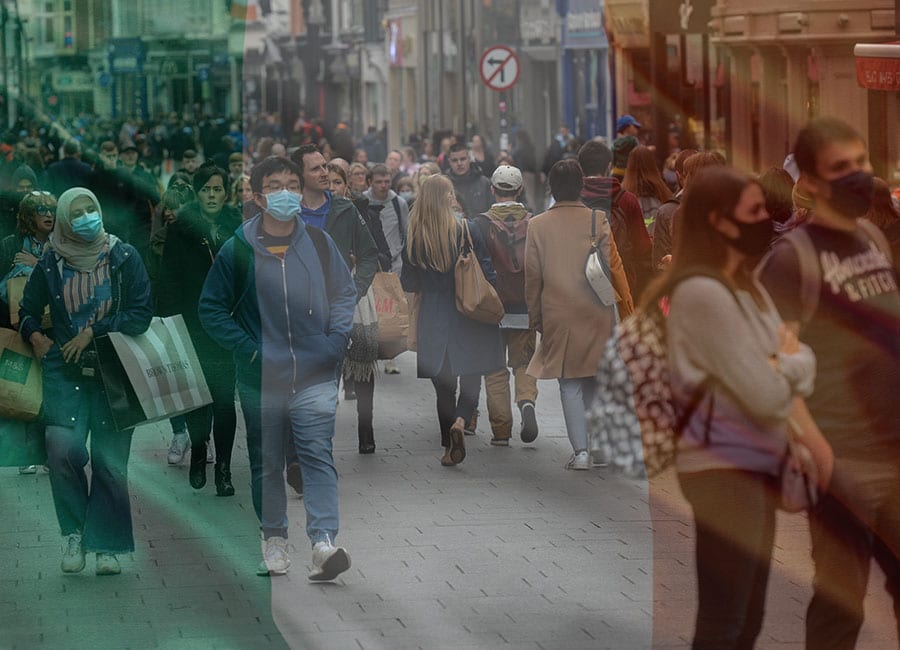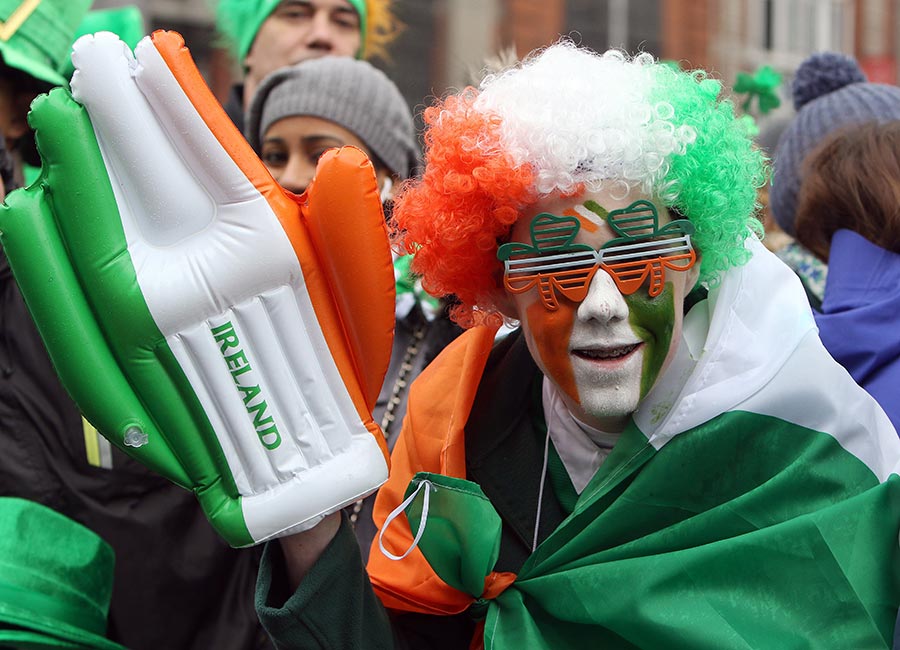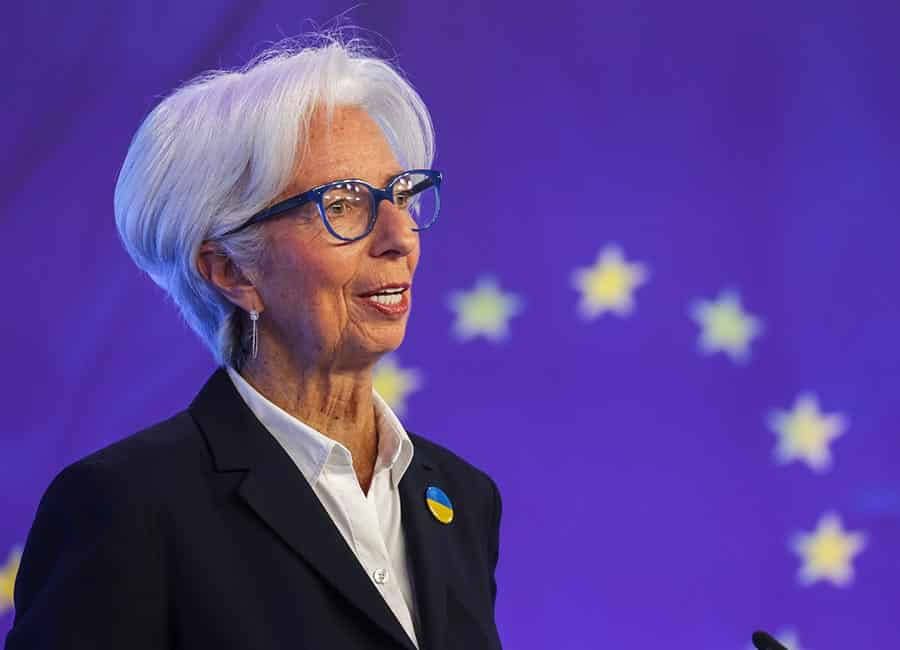The average household will see a loss of around €2,000 as an approximate €4bn in consumer spending power is drained from the economy this year, KBC Bank Ireland has estimated.
In its latest consumer sentiment index for March, the bank forecast average annual inflation of 6% in 2022 that it warned would result in "a palpable drop in living standards" for many households despite faster income growth.
In a survey conducted for the release, KBC found that some 85% of consumers expect to curtail spending as a result of inflation and increased uncertainty, compared to 7% who are unsure and 8% who will not alter their spending.
Nearly half of consumers overall (49%) said they will make a "significant" adjustment to their spending, with 46% experiencing higher energy costs following runaway increases in wholesale prices over the past year.
Consumer sentiment tumbled this month, with the index falling from 77 to 67, following Russia's invasion of Ukraine and related economic and financial fallout.
The 10-point decline in sentiment was the largest monthly drop since April 2020, the first full month of public health restrictions following the outset of the pandemic, when the index dropped 34.7 points, and only 10 months in the past 26 years have seen larger declines.
Only one in eight respondents believe the Irish economy will improve over the next 12 months, about half the proportion that expected annual improvement in February, while the number expecting the economy to weaken rose from a third to a half.
However, sentiment around jobs improved year on year, showing that consumer thinking around unemployment was less tied to overall economic health than previously.

"This hints that consumers may be responding to a continuing sequence of positive news in regard to the Irish jobs market that they think will counter the impact on employment of events in Ukraine to some degree," KBC Bank Ireland chief economist Austin Hughes said.
Consumers were also preoccupied with bad news about the cost of living, causing them to downgrade their assessment of their personal financial circumstances, but the change was "relatively modest" compared to respondents' overall outlook.
"Consumers were notably more pessimistic in relation to the prospects for their household finances in the year ahead with negative responses outnumbering positives by over four to one in March compared to just under two to one in February," Hughes said.
"The similar tone to responses in relation to the outlook for the Irish economy as a whole and prospects for household finances is consistent with the notion that the primary channel through which the Irish economy would be affected by the Russian invasion of Ukraine would be through a painful boost in living and business costs."
Spending plans also showed a "marginal improvement" month-on-month, perhaps reflecting jobs growth, increased household wealth due to increased asset prices, lower borrowing and elevated deposits as well as the extended St Patrick's Day weekend.
Hughes added, however, that consumers may be planning to spend now rather than waiting to see prices rise further following a decade in which annual inflation averaged just 0.6%.
"In turn, the March survey results probably represent the first time that an inflation surge has undermined Irish consumer sentiment for several decades," Hughes said, adding that 2022 held in prospect "a marked squeeze on spending power" for the average Irish household.
(Pic: Getty Images/Getty Images)











